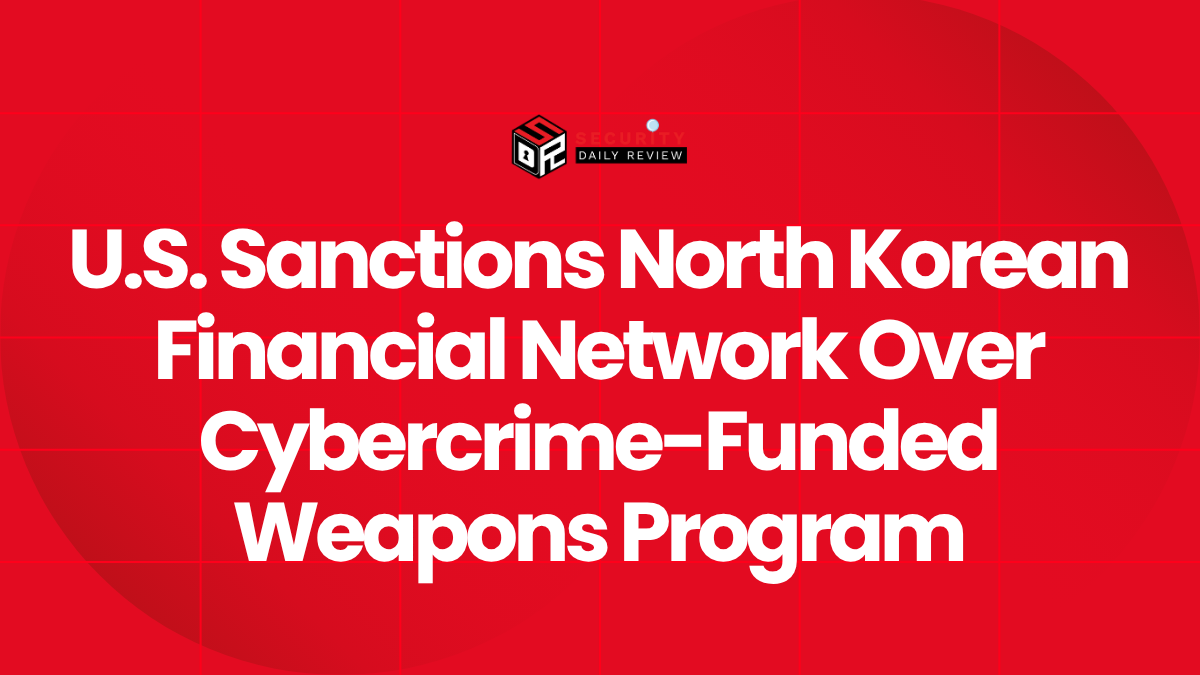The United States has intensified its campaign to disrupt North Korea’s use of cybercrime to fund its weapons programs. On June 5, 2024, the U.S. Department of the Treasury announced sanctions targeting eight individuals and entities operating within North Korea’s expansive financial laundering network. This move deepens Washington’s efforts to cripple the regime’s illicit revenue streams, many of which trace back to state-sponsored cyber operations stealing cryptocurrency and other digital assets from global victims.
Treasury Targets Node of Disguised Financial Channels
The sanctioned individuals include North Korea-linked bankers operating covertly in several countries—most notably China and Russia. These operatives allegedly facilitated the movement of funds gained through cybercriminal activity, including ransomware attacks and cryptocurrency theft, into accounts that ultimately supplied North Korea’s weapons of mass destruction (WMD) and ballistic missile programs.
According to the U.S. Treasury’s Office of Foreign Assets Control (OFAC), the designated persons operated as foreign representatives for state-controlled banks such as the Foreign Trade Bank (FTB) and Korea Kwangson Banking Corporation (KKBC), both previously sanctioned in connection to North Korea’s nuclear program.
One of the key techniques identified by investigators includes laundering proceeds of cyberattacks through a combination of shell companies, foreign-based financial intermediaries, and cryptocurrency mixers. This multi-layered strategy helps obscure the origin of the illicit funds, delaying attribution and enforcement efforts.
“The DPRK continues to exploit the international financial system to generate income for its unlawful weapons programs, and the United States will continue to expose and disrupt these networks,” Brian Nelson, Under Secretary of the Treasury for Terrorism and Financial Intelligence, stated in the announcement.
Cybercrime Profits Fuel State Objectives
The sanctions are the latest response to North Korea’s increasing reliance on cybercrime to offset the economic pressure imposed by global sanctions. U.S. intelligence assessments and private-sector threat research have attributed a significant portion of high-profile cyber thefts to groups affiliated with the DPRK (Democratic People’s Republic of Korea), especially the Lazarus Group.
These activities include:
- Theft of cryptocurrency wallets through phishing and malware campaigns
- Ransomware attacks against healthcare and public infrastructure institutions
- Compromise of financial institutions via ATM cash-out and SWIFT fraud campaigns
While the U.S. and international enforcement agencies have successfully traced these funds, reclaiming stolen digital assets remains a significant challenge. Blockchain analysis firms have previously noted that North Korean hackers routinely launder stolen tokens through decentralized exchanges (DEXs), mixing services, and cross-chain asset swaps.
Wider Geopolitical Pressure on DPRK Cyber Activities
The imposition of these sanctions also sends a diplomatic signal to third-party nations believed to be harboring or tolerating North Korean cyber operatives and financial brokers. The Treasury’s announcement urged countries to exercise vigilance in complying with international sanctions resolutions and to avoid providing safe haven to these actors.
In parallel, the U.S. is expected to engage with international banking regulators and cryptocurrency platforms to disseminate indicators of compromise (IOCs) and transaction patterns associated with these individuals. Strengthening cross-border compliance in the cryptocurrency and traditional financial sectors remains a top priority.
Sanctioned individuals and entities will face full asset freezes, and U.S. persons are prohibited from conducting business with them. Secondary sanctions could apply to foreign financial institutions knowingly facilitating these transactions, further raising the risk profile for organizations that maintain insufficient oversight of North Korea-linked dealings.
Implications for Cybercrime Attribution and Sanctions Enforcement
These sanctions underline the persistent linkage between nation-state cybercrime and broader geopolitical objectives. As the line between state-sponsored hacking and economic warfare continues to blur, the Treasury’s move reinforces the use of financial sanctions as a strategic tool to deter cyber-enabled illicit activity.
Professionals in the cybersecurity and financial risk sectors should expect:
- Additional alerts highlighting financial patterns associated with DPRK actors
- Expansion of know-your-customer (KYC) protocols within the crypto industry
- Cross-agency sharing of blockchain intelligence with international law enforcement
The action against these individuals and entities reflects a continued U.S. emphasis on holding accountable those who facilitate money laundering activities stemming from cybercrime, especially when they contribute to nuclear proliferation risks.
As the threat landscape evolves, cybersecurity professionals must remain vigilant in tracing advanced persistent threats (APTs) tied to state agendas. Understanding the financial infrastructure behind these operations will be essential in disrupting their effectiveness.









